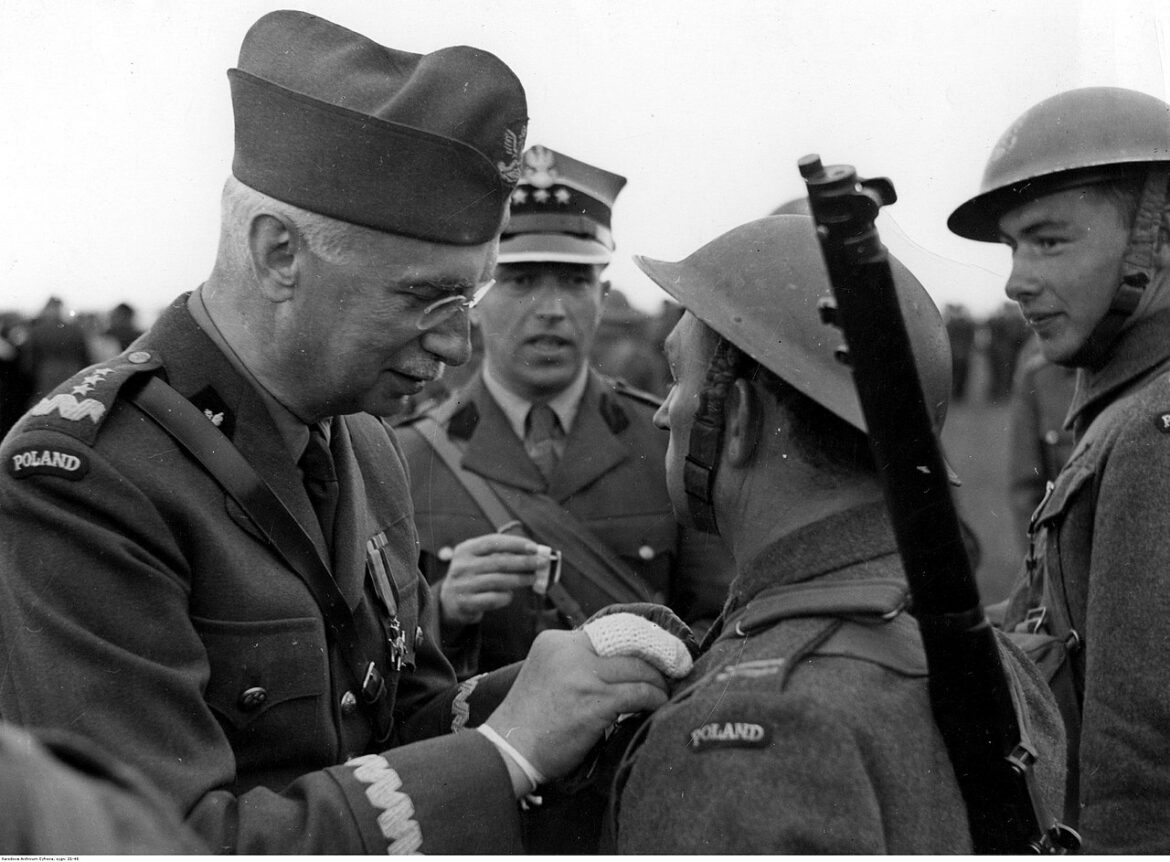On 19 November 1885, Kazimierz Sosnkowski, one of the most outstanding generals of the Polish Army, was born in Warsaw. He did not lose any battle in which he commanded alone. He had an excellent memory and versatile interests, including humanities and literature.
Influenced by his participation in the great patriotic demonstration during the 1905 Revolution, he decided to join the Polish Socialist Party and became involved in independence activities. After moving to Lwów (today’s Lviv), he founded the Union of Active Struggle, which became the basis of the Polish Legions. During World War I, he became deputy commander of Józef Piłsudski’s First Brigade and chief of its staff. After the 1917 oath crisis, he was imprisoned with Piłsudski in the Magdeburg fortress.
When Poland regained its independence, he organised the armed forces. During the Polish-Bolshevik War in the summer of 1920, he restored order at the rear of the front, rebuilt beaten army units and organised a volunteer army from scratch, which made a major contribution to the repulsion of the Bolsheviks. During the 1920s, he held ministerial, command and staff and diplomatic posts. During the May coup in 1926, as a legalist, he attempted suicide due to a conflict of loyalties. He returned to military service after rehabilitation. In the 1930s, he took care of the expansion of the army, being head of the Committee for Armaments and Equipment. He took part in organising the Polish arms industry, which supplied many European countries.
During the 1939 defensive war, he commanded the Southern Front, and after the Soviet Union attacked the Polish state, he made his way to the West, where he became the first commander of the Union of Armed Struggle. In July 1943, after the death of General Władysław Sikorski, he was appointed Commander-in-Chief of the Polish Army. He fought to preserve its sovereignty and resisted pressure from the Western Allies who wanted to establish good relations with the Soviet Union at Poland’s expense. For his unbending stance, he was dismissed from his post at the request of the British Government.
In November 1944, he left for Canada. He enjoyed the respect of Polish circles and worked for their understanding and cooperation. He died on 11 October 1969. In 1992, an urn containing his ashes was placed in the vaults of St John’s Cathedral in Warsaw.





